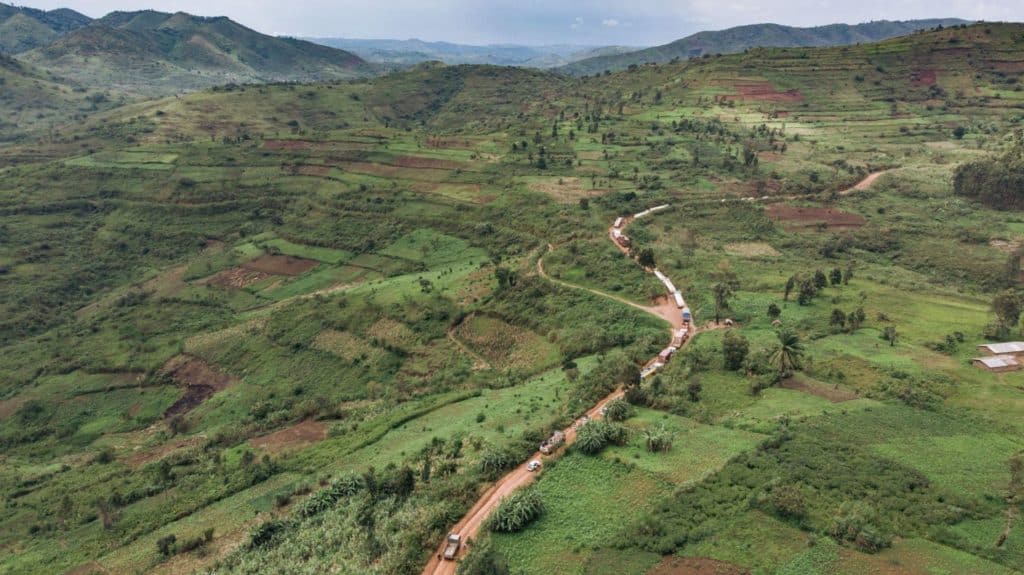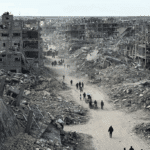
In May 2021, the Congolese state declared an exceptional state of siege in the province of Ituri in an attempt to put an end to more than three decades of wars, insurrections and violent armed conflicts against a backdrop of political legitimacy crisis, identity crisis and regional competition over the exploitation of natural resources.
This combination of crises and armed conflicts has resulted in serious violations of the human rights of the population and a growing weakening of the authority of the State. Since the early 2000s, the country has engaged in political negotiations, diplomatic exchanges, military operations and the organisation of general elections in an attempt to put an end to the various armed conflicts, but has so far achieved little success.
This report takes stock of the implementation of measures relating to the state of siege and its deleterious impact on the rights of the population and on justice, with a particular focus on the province of Ituri. Under the state of siege, all cases handled by the civil courts were transferred to the military courts, which considerably slowed down judicial activity in the region. The military courts, which have very few staff, quickly found themselves overwhelmed by this influx of cases. In addition, the magistrates and judicial staff of the courts and tribunals do not have the necessary skills to deal with civil cases.
The courts and tribunals are also concentrated around major conurbations, which makes it difficult for people from rural areas to get to them, particularly in a region where any travel entails serious risks of insecurity.
The reflections presented in the report are the fruit of observations of the functioning of the state apparatus and the justice system, as well as practices in supporting victims of mass crimes and defendants deprived of their liberty, and of exchanges organised with all the institutional and civil society actors involved in people’s justice seeking journey. It analyses the contours of the execution of state of siege measures and the functioning of the judicial and security system, with a view to proposing a set of realistic recommendations to the authorities and other stakeholders.



